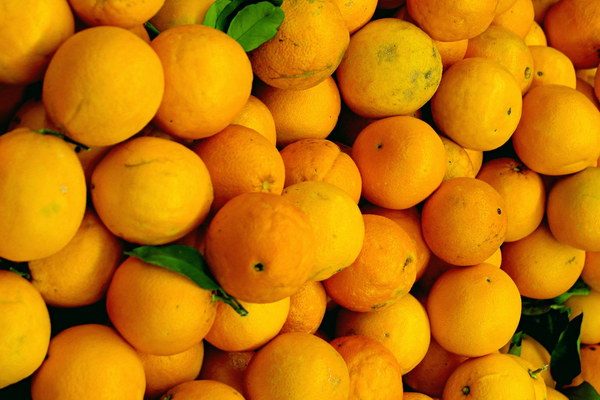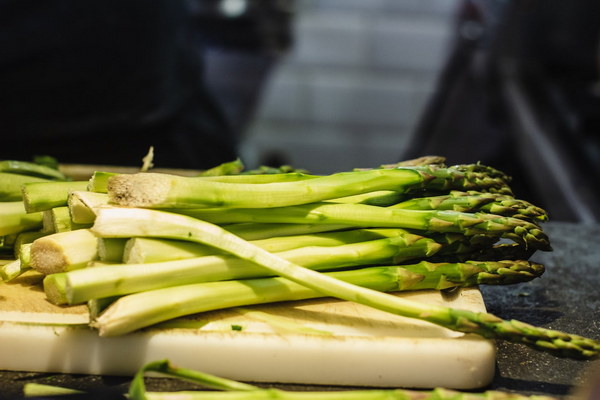Is It Illegal to Market Products Claiming to Clean Your Lungs
In recent years, the market has seen a surge in products claiming to clean your lungs. From herbal supplements to air purifiers, these products promise to improve respiratory health and alleviate symptoms of respiratory conditions. However, many consumers and health experts are raising concerns about the legality of such claims. This article delves into the question: Is it illegal to market products claiming to clean your lungs?
The Legality of Health Claims
The legality of health claims made by manufacturers on their products depends on the jurisdiction in which they are selling. In the United States, the Federal Trade Commission (FTC) and the U.S. Food and Drug Administration (FDA) regulate the marketing of health-related products and claims.
According to the FTC, it is illegal to make false or unsubstantiated health claims about a product. This means that if a product claims to clean your lungs, the manufacturer must have scientific evidence to support this claim. If the claim is not backed by evidence, it is considered deceptive advertising and can lead to legal action against the manufacturer.
The FDA also has specific guidelines for health claims on food and dietary supplements. Under the Dietary Supplement Health and Education Act (DSHEA), manufacturers must ensure that their claims are not misleading and do not make any health claims that have not been approved by the FDA.
The Debate Over Cleaning Your Lungs
Despite the legal requirements, there is a debate surrounding the concept of cleaning your lungs. While some products may have beneficial ingredients that can support respiratory health, others may not be as effective as advertised.
Many experts argue that the idea of cleaning your lungs is a marketing tactic that may not be scientifically sound. They point out that the lungs are self-cleaning organs that naturally remove foreign particles, such as dust and pollen, through the process of mucus production and coughing.
However, some products may contain ingredients that can help improve respiratory function or reduce inflammation, which may contribute to a feeling of cleaner lungs. Examples of such ingredients include:
1. Echinacea: A herb that may boost the immune system and reduce inflammation.
2. Green tea: Rich in antioxidants, green tea may help reduce oxidative stress and inflammation in the lungs.
3. Beta-glucan: A compound found in mushrooms and yeast that may boost the immune system and reduce inflammation.
Legal Implications for Manufacturers
Manufacturers who market products claiming to clean your lungs must be cautious about the claims they make. Here are some key considerations:

1. Scientific Evidence: Ensure that any claims are backed by scientific evidence. This may involve clinical studies, laboratory research, or other forms of substantiation.
2. Transparency: Clearly communicate the limitations of the product and any potential risks associated with its use.
3. Disclaimers: Include disclaimers to inform consumers that the product is not intended to diagnose, treat, cure, or prevent any disease.
4. Compliance: Stay informed about the legal requirements for health claims in your specific jurisdiction.
Conclusion
While it is not illegal to market products that claim to clean your lungs, it is crucial for manufacturers to adhere to legal guidelines and ensure that their claims are substantiated by scientific evidence. By doing so, they can provide consumers with reliable and beneficial products while avoiding potential legal issues. However, it is essential for consumers to approach such claims with a critical eye and consult with healthcare professionals before trying any new products.









